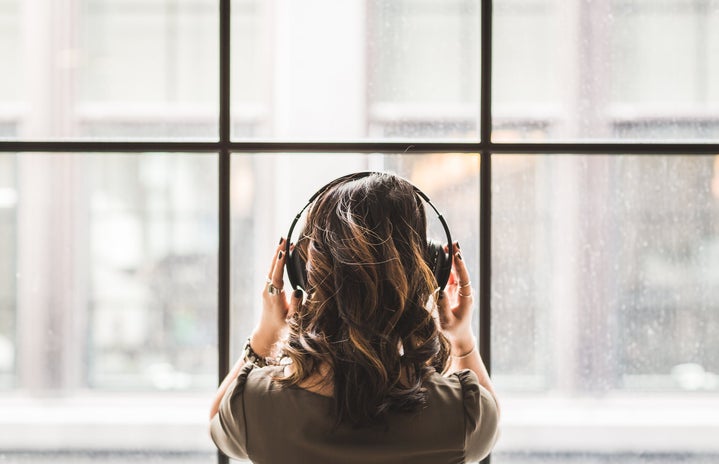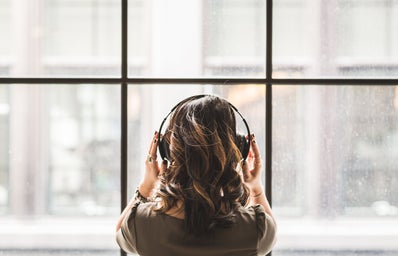Life + Music
Music is one of the ways we as people are most connected and is a vital part of many people’s everyday lives. You may like to throw in your headphones and listen to some tunes on the way to class for some good vibes or before work like me, and getting some good songs on while driving with friends is one of my personal favorite activities. With countless genres, there’s arguably something for everyone whether you like hard rock, classical, lo-fi, pop, rap, or even just soothing sounds. Music types are virtually endless, which is why there are countless ways that music aids in healing our minds, bodies, and souls.
Music as Medicine
When we think of medicine, we think of pills, doctors, and machines. But what about music? Music therapy has been shown to heal our brains, literally. Music therapy has been proven to aid those who have suffered intense injuries and have benefited people in regaining the use of speech after such accidents. Music therapy has also been proven to reduce anxiety and depressive symptoms while simultaneously improving daily functions. Not only this but listening to music has been proven to increase our bodily production of natural killers cells which defend our bodies against viruses while boosting the effectiveness of our immune system. Even better, music can reduce our stress hormone levels. What does this mean for music in general? Music stimulates our minds, and our emotions, and can help us heal our minds. But a large part of this is listening to music with intention.
what is intentional listening?
Donna Stoering gave a Ted Talk on what intentional listening is and the many benefits that come with it. She discusses how studying particular music depending on the subject can increase your memory capabilities and how those who suffer from Alzheimer’s and Dementia show incredible signs of awareness when a song from their younger years is played. Listening to music with intention can also help with mental illness and other paths to recovery, whether that be some form of abuse, a traumatic event, or depression.
Taking away the pain
I know I’m not the only one that blasts sad songs when I’m already sad enough as it is, but music can actually help ease not only emotional pain but physical as well. As mentioned before, music lowers our stress hormone levels, and because of this, music therapy can also help with pain management as the signal of music to our brains competes with the pain signals, leading to reduced levels of both stress and pain. Emotionally, however, music can further boost our mood and self-confidence, lower our blood pressure, and help us return to a calmer state when upset, angry, frustrated, tired, whatever you may be feeling, music can come to the rescue.
So, Why Chose music?
If you’re still not convinced that music can heal- and has numerous benefits- just know every time you plug in and listen to a song, your brain is lighting up like a Christmas tree. Listening to music helps keep our minds stimulated and can help with our memories over time. Not all the positives to music are a process of instant gratification, but the benefits can extend far beyond the present moment, and song. Besides all the pros listed above, music also brings people together, which many of us probably know. Music is a community, where anyone can find a place of belonging. Music also increases our overall happiness, and workout performance, help us get a better night’s sleep, manages eating habits, strengthens learning capabilities, boosts our IQ, and positively influences our academic performance.
So, instead of asking why choose music, we should ask, why in the world not?


